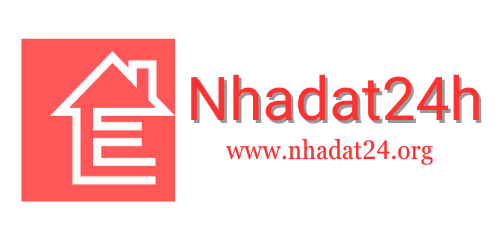lilacwealth86
About Me
The Revolutionary Power of Virtual Reality in Learning
Introduction
Virtual Reality (VR) is rapidly transforming various industries, such as education. As Improving outdoor spaces progress into a more technologically driven world, the importance of VR in modern education cannot be overstated. This cutting-edge technology presents new opportunities for captivating students and enhancing educational outcomes.
Body Content
1. Benefits of Virtual Reality in Education
Virtual Reality provides a unparalleled learning experience. It builds immersive environments, allowing students to interact with the subject matter in a profound way. For example, VR can replicate historical events, bringing students back in time to experience history firsthand. This promotes a deeper understanding of the content.
2. Uses of VR in Different Subjects
Virtual Reality is versatile and can be used in various subjects. In science, VR can demonstrate complex processes such as cellular mechanisms or astronomical phenomena. For geography, VR can take students to different parts of the world, permitting them to investigate diverse landscapes and cultures. Mathematics can also gain from VR by offering interactive models that clarify abstract concepts.
3. Challenges and Considerations
While VR holds great promise for education, there are obstacles to consider. Significant costs associated with VR technology can be an obstacle for some educational institutions. Additionally, there are issues regarding the device usage and possible well-being impacts of prolonged VR exposure.
Conclusion
In conclusion, the integration of Virtual Reality in modern education provides exciting opportunities to elevate learning and engage students. As Cultural workshops progresses, the use of VR in education is likely to grow, providing new and innovative ways to teach and learn. Educators and policymakers need to investigate how to utilize this technology to enhance educational outcomes and equip students for the future.
